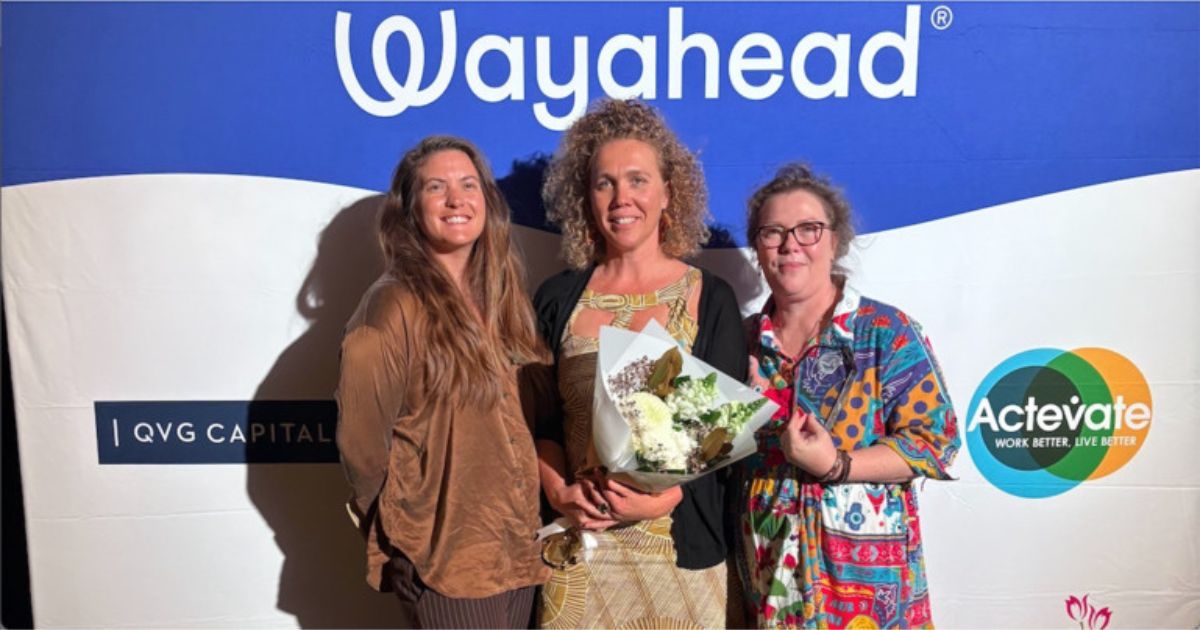Changing lives from day one

Kate Willock receives her award for the Northern NSW Local Health District's Staff Member of the Year from chief executive Tracey Maisey. Photo: SUPPLIED
A SHARP rise in substance use among pregnant women in Northern NSW has prompted perinatal clinical nurse consultant Kate Willock, the region’s 2024 staff member of the year, to intensify efforts in safeguarding the health of newborns.
With the first 2000 days of life critically shaping a child’s future, Ms Willock’s work in addressing substance issues during pregnancy is crucial in preventing long-term physical, cognitive and emotional challenges for these children.
Ms Willock said early intervention was key.
“No pregnant person sets out trying to harm their baby, but there are high levels of shame,” she said.
Ms Willock is a perinatal clinical nurse consultant for the Alcohol and Other Drugs Service in the Northern NSW Local Health District.
As drug and alcohol use during pregnancy carried the greatest risk, she said clinicians worked to minimise harm by identifying issues early as early intervention during pregnancy could prevent issues in a newborn, such as drug dependency and birth weight.
It is important as any impact on a child, from conception to five years old, could affect them for the rest of their life.
She said social factors such as homelessness and mental health play a role in substance use, and it is paramount to acknowledge that a high level of patients have experienced trauma.
Ms Willock’s approach is to treat every patient with compassion and kindness, offering them clear advice on the adverse effects of drugs and alcohol during pregnancy to allow them to make informed choices.
“Those conversations are important. This is their life, not mine. It’s their choice to pivot,” Ms Willock said.
Ms Willock said there had been a lot of new presentations of people with substance use issues since the 2022 flood, “people we hadn’t seen before”.
“People are using alcohol to deal with trauma. There’s a lot of relapse and re-addiction,” she said.
She encouraged people thinking about working in the sector to give it a go because they can make a difference in people’s lives.
“I love the work. I hope that’s the message I give to colleagues and patients. I take that very seriously,” Ms Willock said.


















